
Steve Winwood “Roll With It”
In the second half of the 1980s, while we were happy to have luxury sedans in our garages and gas at the pump, there was still a sense of longing. Was it for JFK? MLK? The counterculture? Whatever the cause, our collective ennui — even as the economy boomed and the Cold War thawed — was unmistakable. We knew it, but we couldn’t place it. And so, we had questions. Fortunately for us, Bono had answers. So did Phil Collins and Sting and Bruce and Neil and, surprisingly, Don Henley. Our beloved Amnesty rockers, celebrated in the pages of Rolling Stone, sang with purpose. All of them, except for Steve Winwood, who opted for New Wave, Blues Brothers fare and farming in The Cotswolds. While his esteemed peers were consumed with importance, the most talented member of the bunch quite literally told us to roll with it.
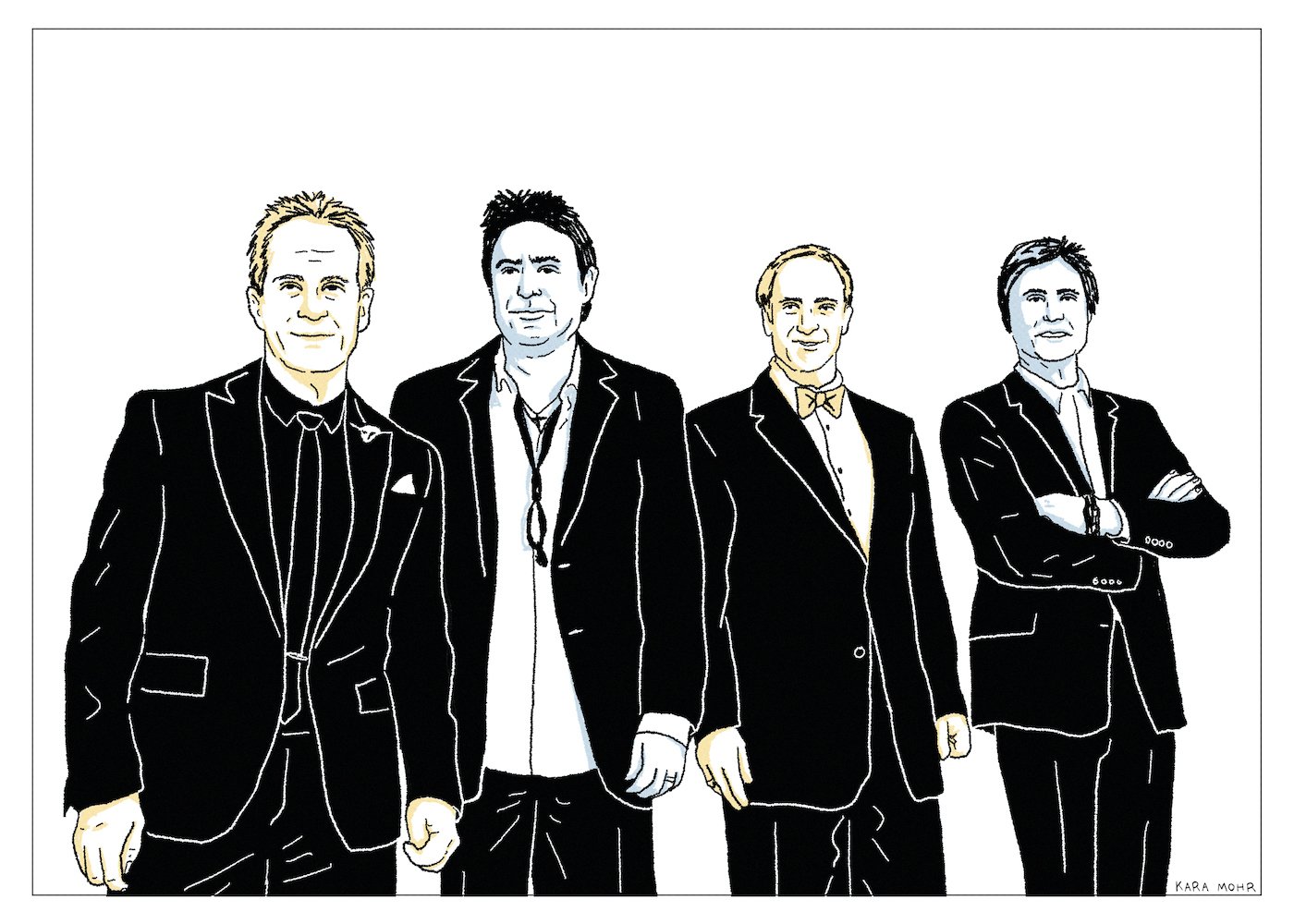
Chicago “Chicago XXXII: Stone of Sisyphus”
Some albums remain hidden because they were not made for public consumption. “The Basement Tapes” comes to mind. Others sit on the shelf because of incessant tinkering. “Chinese Democracy” might fit that bill. Sometimes, as with The Beach Boys’ “Smile” or Jeff Buckley’s “Grace,” the issues are entirely more human. But “Stone of Sisyphus,” Chicago’s thirty second album, recorded to be their twenty second album, is a different sort of animal. It was not released for the most obvious and depressing of reasons: their record label hated it. In its wide embrace of Rap, Slow Jams and Phil Collins, “Sisyphus” marked a return to the band’s eclectic roots. But in its wanton disregard for hits, it also served as a final farewell to the Cetera afterglow and an uncertain hello to the great unknown.
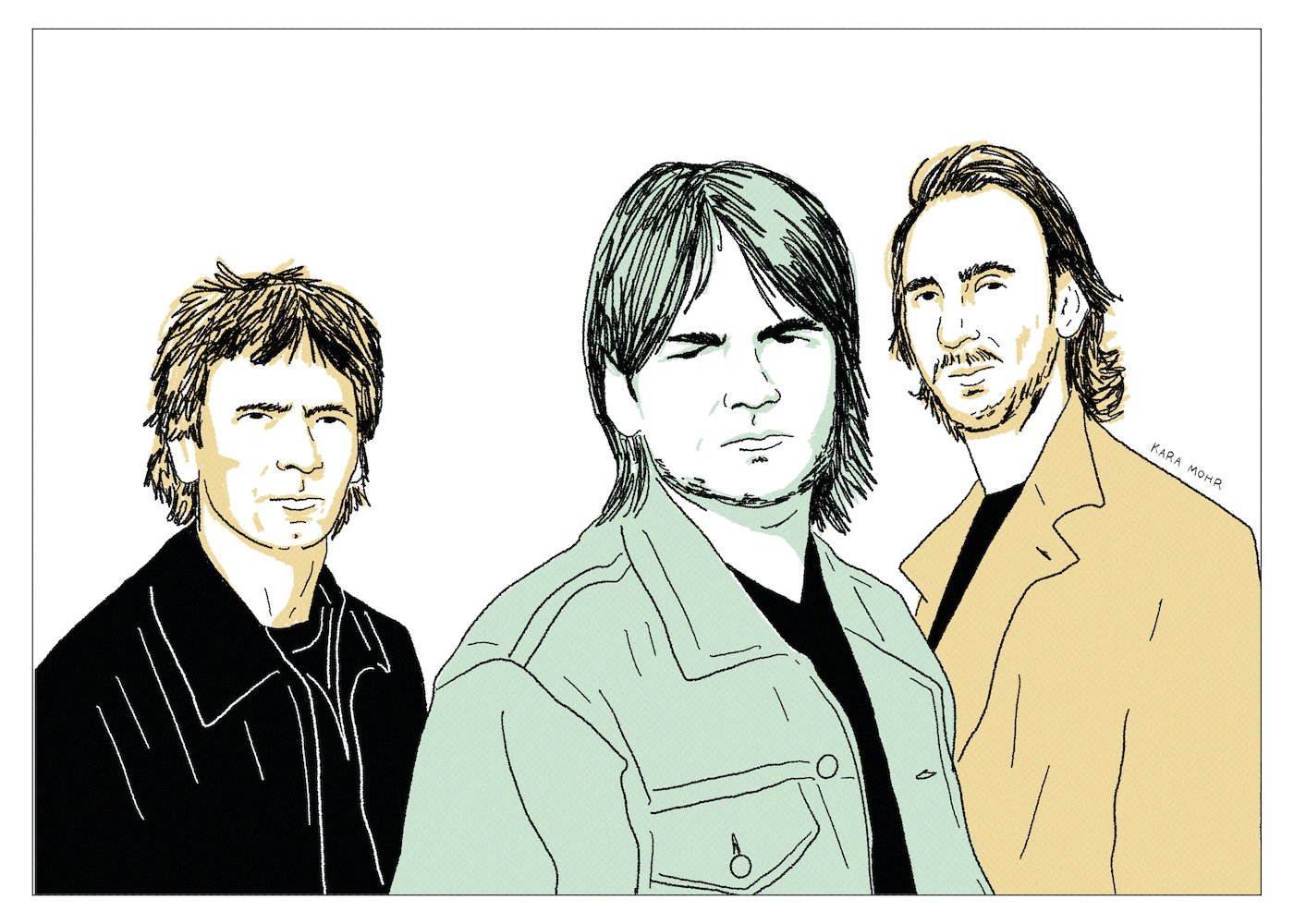
Genesis “Calling All Stations”
We wondered how they could carry on post-Phil. But their story was all about carrying on. First they lost co-founder Anthony Phillips — the “Pete Best” of Prog Rock. Then shape-shifting Prog-king Peter Gabriel. Then guitar savant Steve Hackett. And then, finally, pop icon Phil Collins. By 1996, there were only two men left. Tony on keyboard and Mike on guitar. But, how do you know when it’s time to quit? Why wouldn’t you try to keep going? Sometimes you need tangible proof that it won’t work. And so, Genesis was reborn (again). This time, featuring a younger, grungier, Scottish singer — Ray Wilson of the band Stiltskin. It turned out that “Calling All Stations” was all the proof anyone needed. It was the final Genesis album.
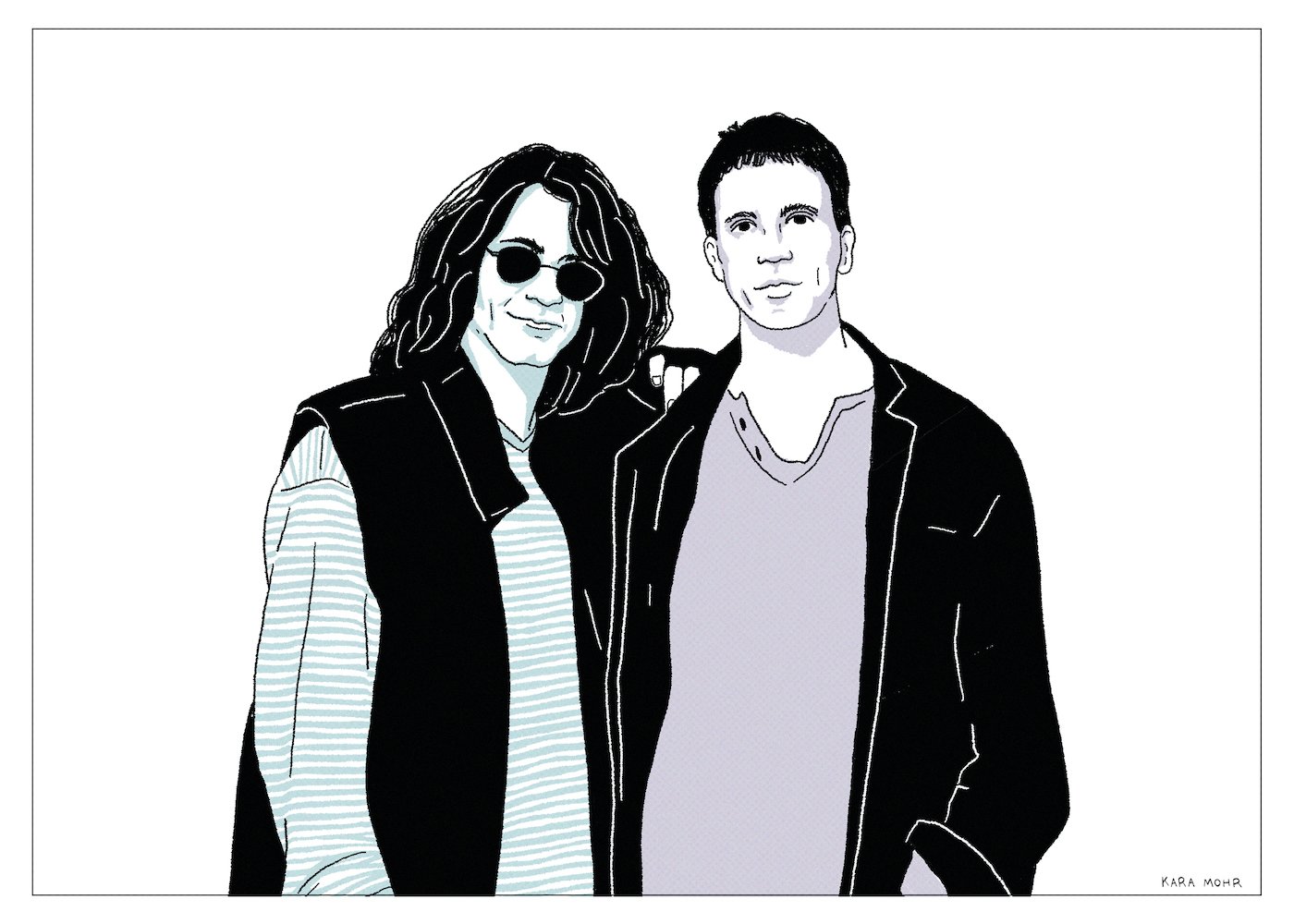
Van Halen “Van Halen III”
Gary Cherone never had a chance. He was the second step dad for a generation who didn’t want another step dad. Back in 1985, we were OK with divorce. It was a sign of the times. We rolled our eyes a bit at Sammy, but we also tolerated him and secretly liked him. We even understood the second divorce. Things happen. People grow up and cut their hair and take up golf. But the almost reunion with Dave and the ensuing PR stunts were not OK. And the ensuing addition of the guy from Extreme was so completely not OK that, by the end of 1996, the Van Nation was up in arms. To this day, “Van Halen III” ranks among the most reviled albums that, I suspect, very few people have actually heard.
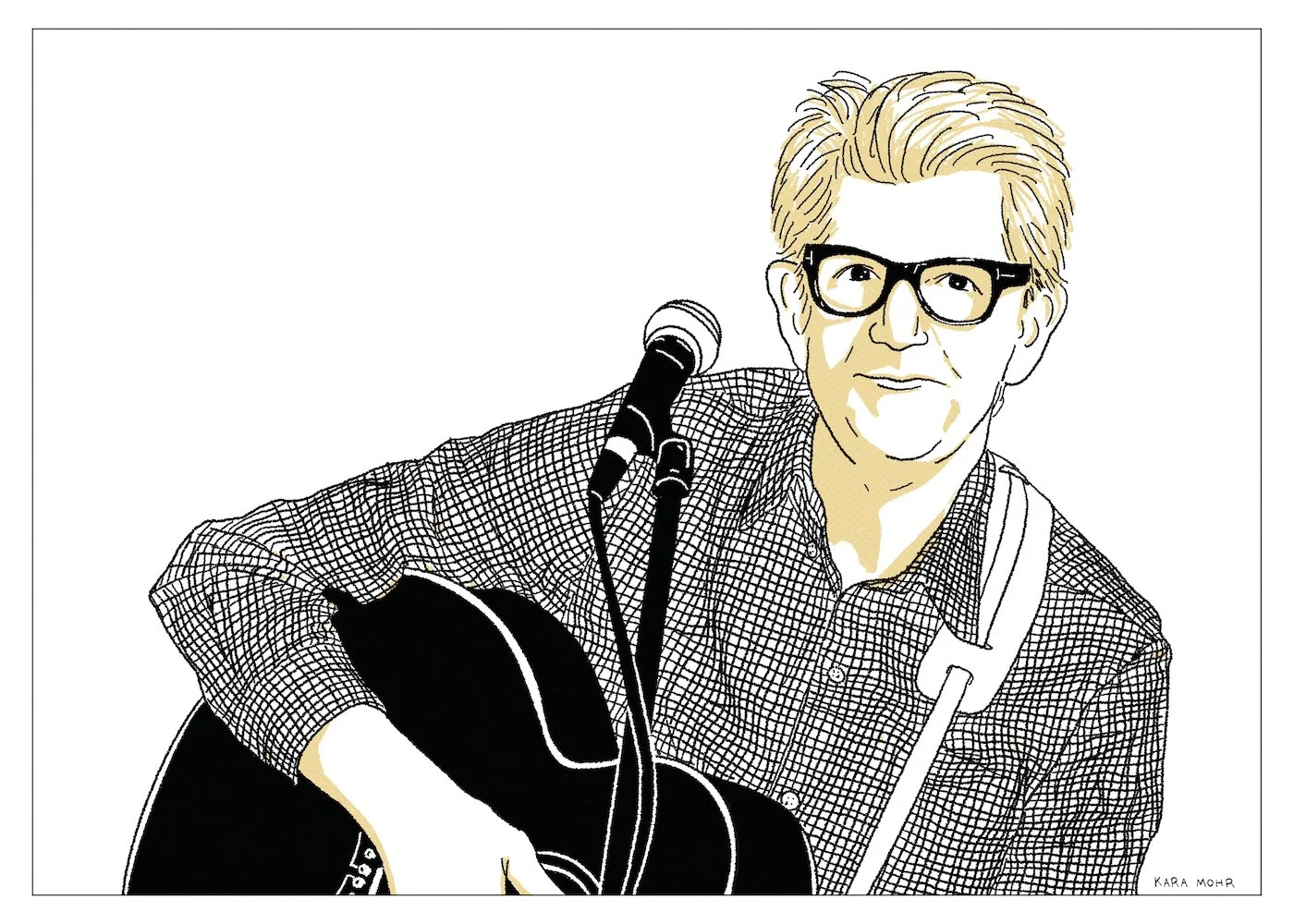
Nick Lowe “The Impossible Bird”
Once upon a time, Nick Lowe was the guy. He was New Wave’s beloved everyman — cool, but accessible. You might find him at the pub, you might find him on the Pop charts or you might find him in the studio with Elvis Costello. He married Carlene Carter and dated Lois Lane. To drop his name was to confirm your own hipness. By the early nineties, however, his time had come and gone. He was single, hitless, without a label and at the bottom of a pint glass. Amazingly, and with a little help from Kevin Costner and Whitney Houston, he dusted himself off and found a second act, functionally birthing his own genre of music in the process. Part Roots, part Country, part Rockabilly, and part Pop, the former mop-topped hipster became the white-haired songbird for discerning grown ups.
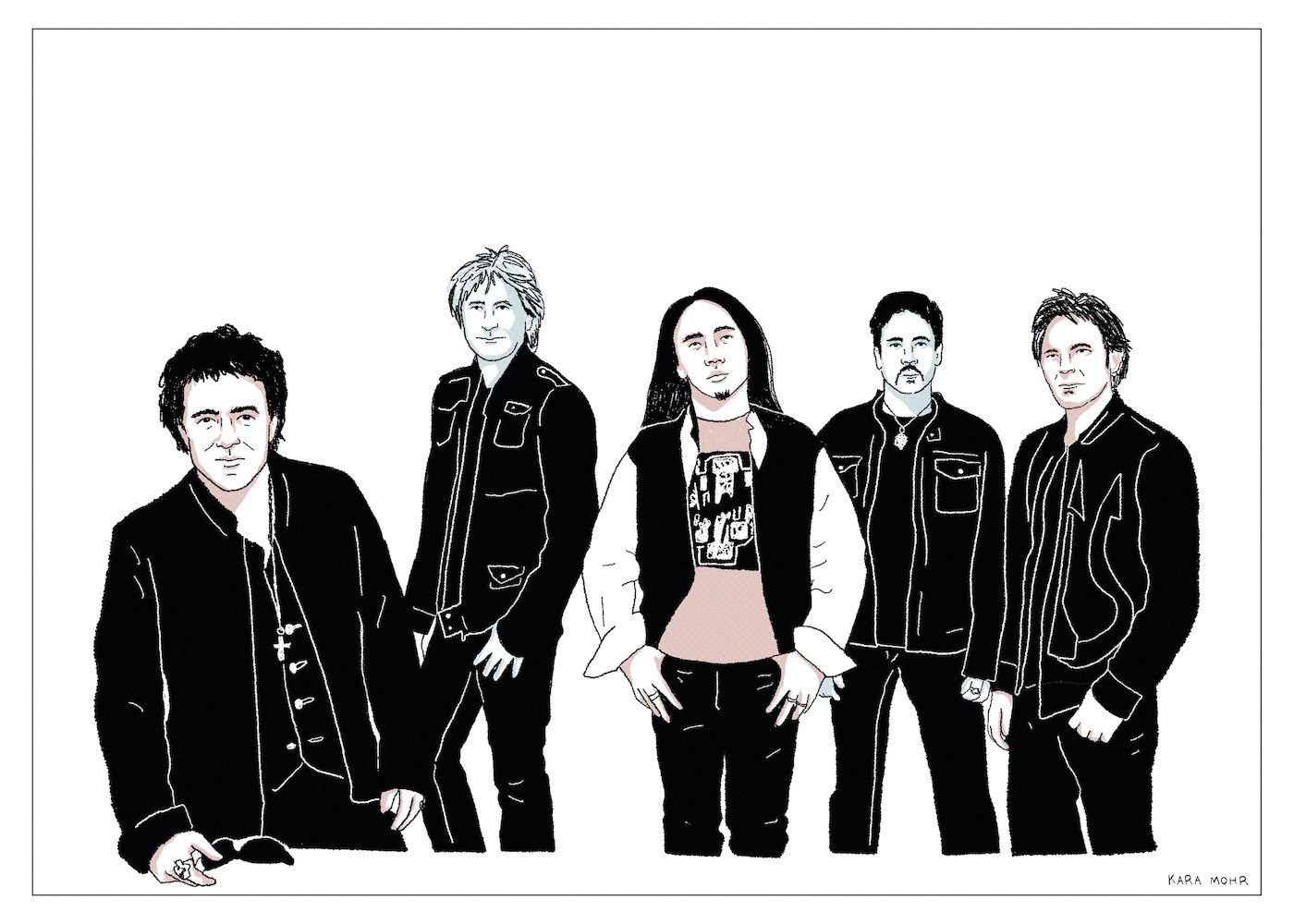
Journey “Revelation”
By 2006, Journey were on the ropes. The former heavyweight champs of Arena Rock had exhausted every possible alternative. Version 3.0 with Steve Perry broke down. Version 4.0 with Steve Augeri fizzled. Neal Schon didn’t need the money. And he probably didn’t need Journey, either. But we did. Those of us who grew up at skating rinks and on Atari — we could not stop believing. So, just like he’d done before, Schon found the best thing. On Youtube, he spotted a feathery haired, Steve Perry soundalike with a fairy tale backstory. And, just like that, Journey 5.0 released an affordably priced, three disc set through Walmart. One album of new material and two more of extraordinary karaoke. It was exactly what middle-aged, middle America needed.
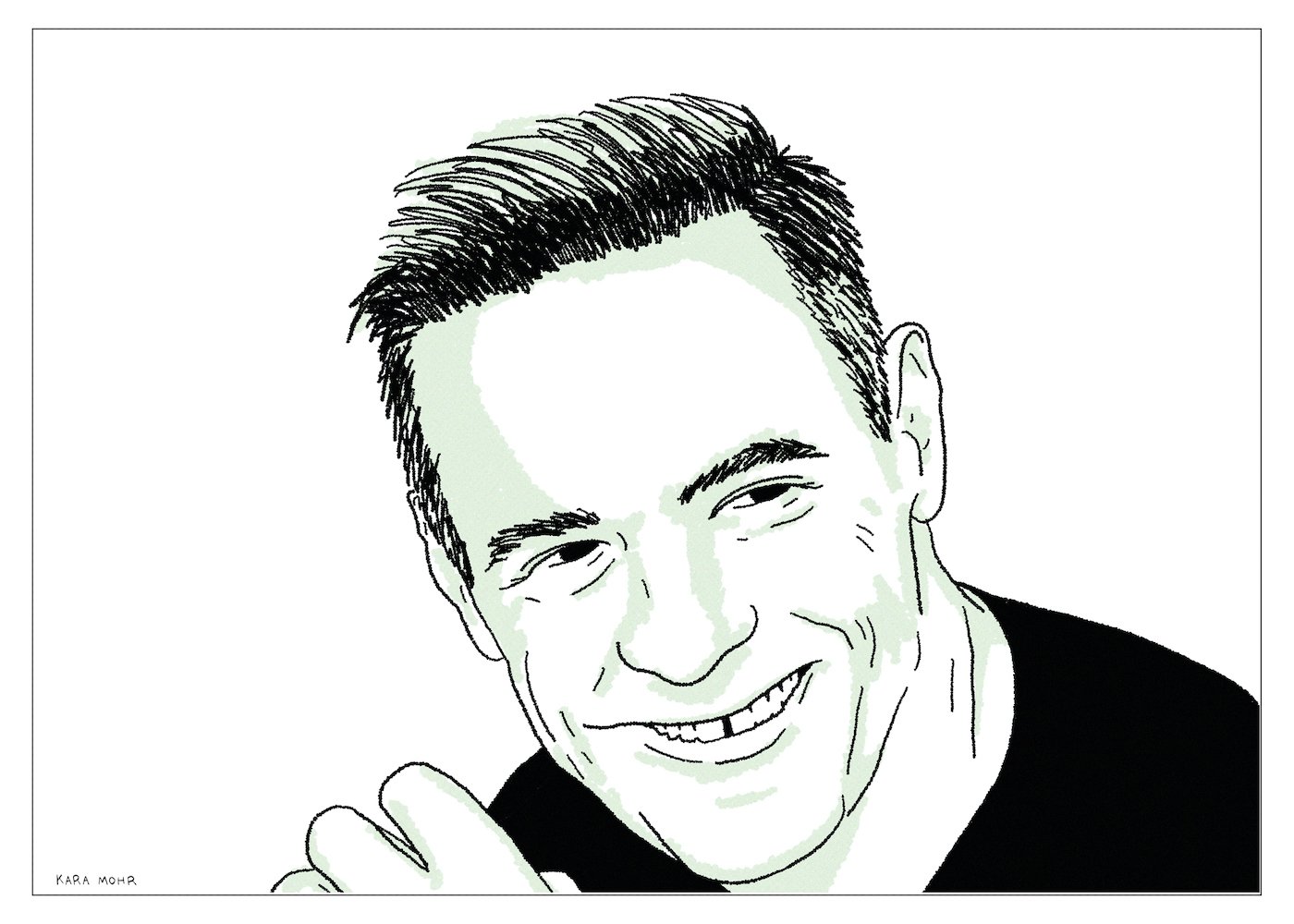
Bryan Adams “Shine a Light”
Almost forty years after he burst onto our radios, with a voice that humbled Rod Stewart and a style that translated Johnny Cougar into Canadian, Bryan Adams was still going strong. Arenas full of fans were shouting along to “Summer of 69” and crying along to “(All I Ever Do) I Do it For You.” He was closing in on sixty. He’d already sold a hundred million albums and topped every chart in the world. But, he still sounded exactly like himself, which is to say both like nobody else and like a hundred other guys. Naturally he looked older — more refined. His hair was richly coiffed and he’d swapped his leather jacket for a designer blazer. He’d even built a second career as a photographer — his pictures hung on gallery walls. There were only two things left for him to do: make new music with Ed Sheeran and prove to the world that “uncomplicated” is the opposite of an insult.
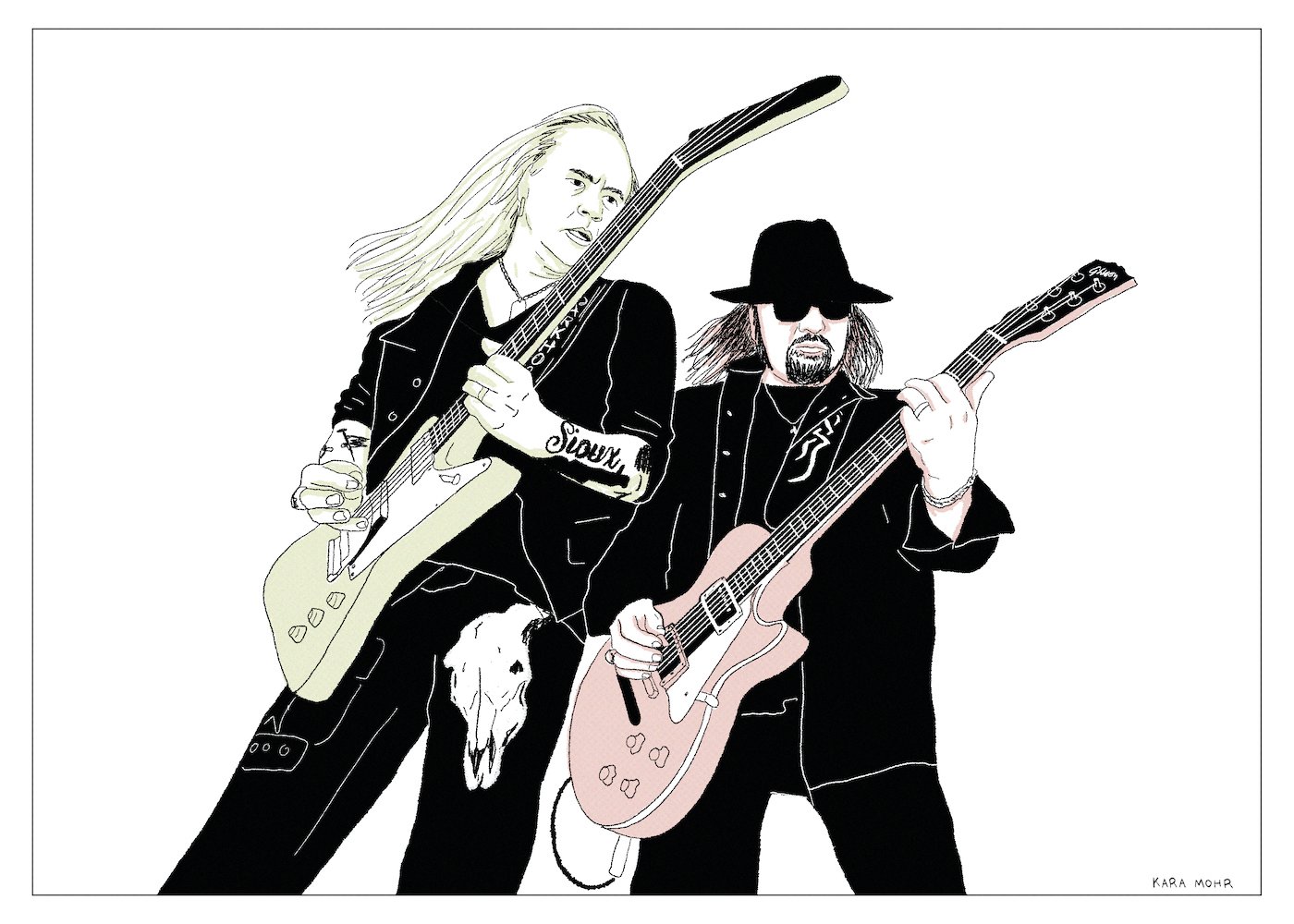
Lynyrd Skynyrd “God and Guns”
Some things in life are hard to talk about openly. For example, sex and money. When guys talk about sex or money, we tend to resort to cliches or jokes or hyperbole. On the other hand, it’s much easier for us to talk about music. In fact, we love to talk about music. Who are your bands? Are you a Stones guy? A Phish guy? A Blur guy? A Smiths guy? It’s organizing and safe. It’s the way we talk about our feelings, without really talking about our feelings. And it generally works for us. Except, of course, when it comes to Lynyrd Skynyrd. And especially when it comes to their 2009 album, “God & Guns,” which — to complicate matters — is absolutely not terrible. It may even be good — even when it’s being awful.
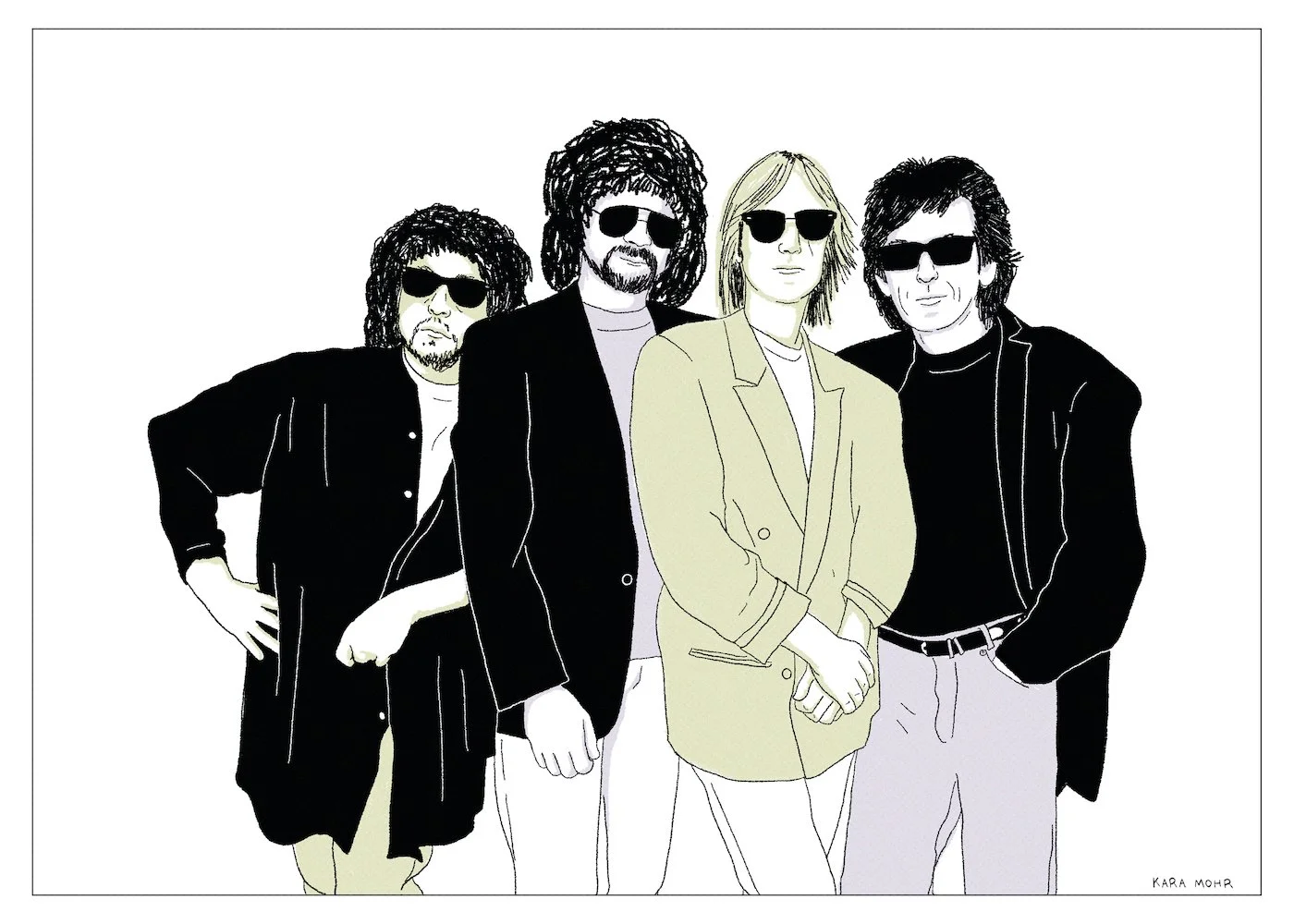
Traveling Wilburys “Traveling Wilburys Vol. 3”
The Traveling Wilburys were a “Supergroup” in name only. In reality, they were just a casual hang among middle-aged friends and admirers, who also happened to be Rock royalty. In 1988, they looked like half of an over forty, softball team from the Hollywood Hills — bad hair, extra paunch and beers after the game. The Wilburys’ debut is appropriately remembered for its easy going harmonies, for a couple of endearing hits and, sadly, for Roy Orbison’s passing. Many years later, it survives as a celebration (and commercialization) of “Past Prime.” History has mostly forgotten, however, that there was a follow-up album, complete with a bad “dad joke” for a title.
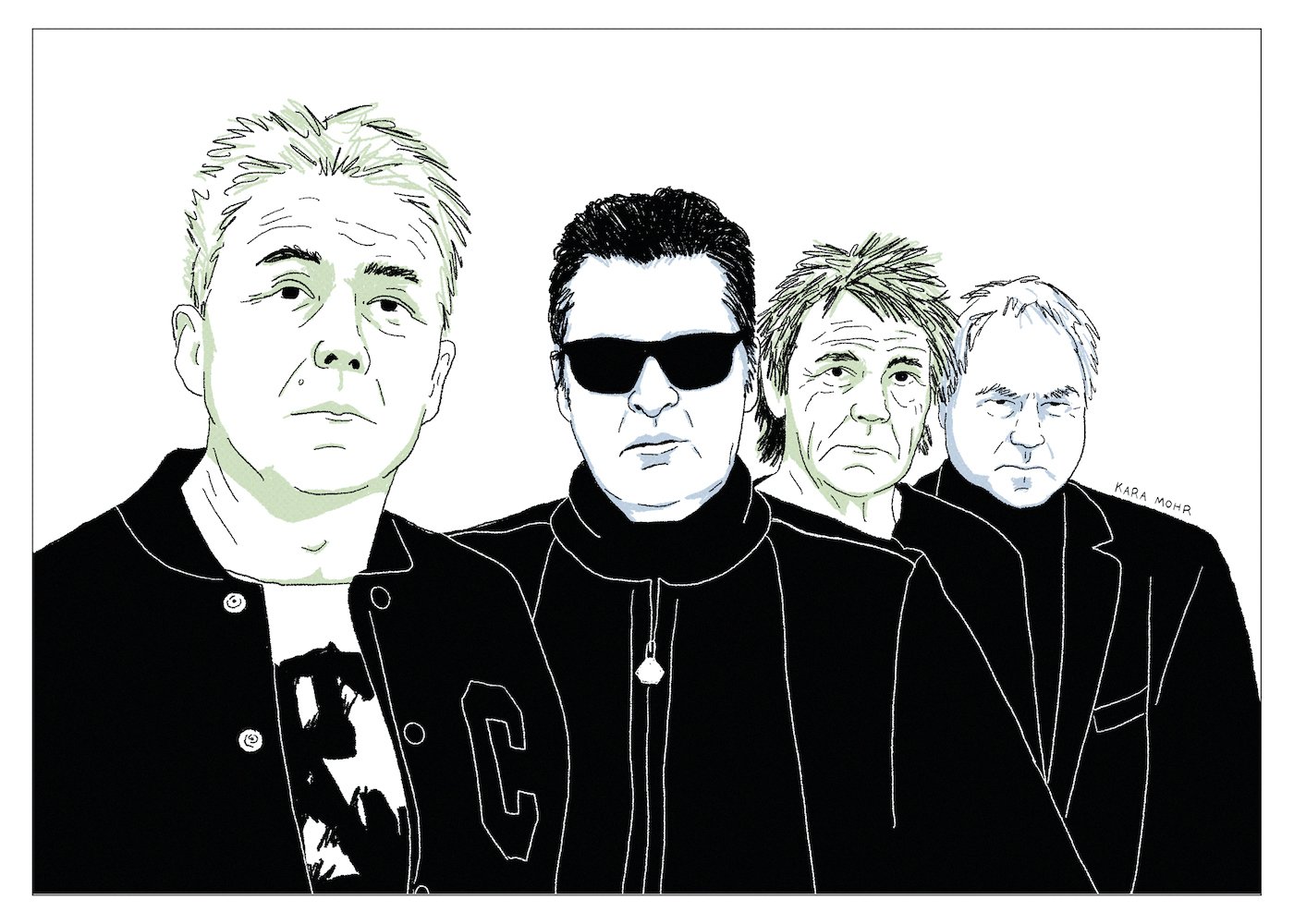
Golden Earring “Keeper of the Flame”
Rock and Roll is littered with one hit wonders and spectacular flame outs. But Golden Earring were neither of those things. They had two, massive hit singles, both of which have oddly endured as canon. Decades after their prime, they were still superstars at home, in The Benelux, where their faces adorned postage stamps. But, as far as I knew, they had disappeared around 1983, soon after “Twilight Zone,” the four minute MTV mystery that altered my young life. What happened? Where had they gone? It all had a whiff of semi-Nordic true crime. Information was scant, especially in The U.S., where Golden Earring were the coldest of cold case files.
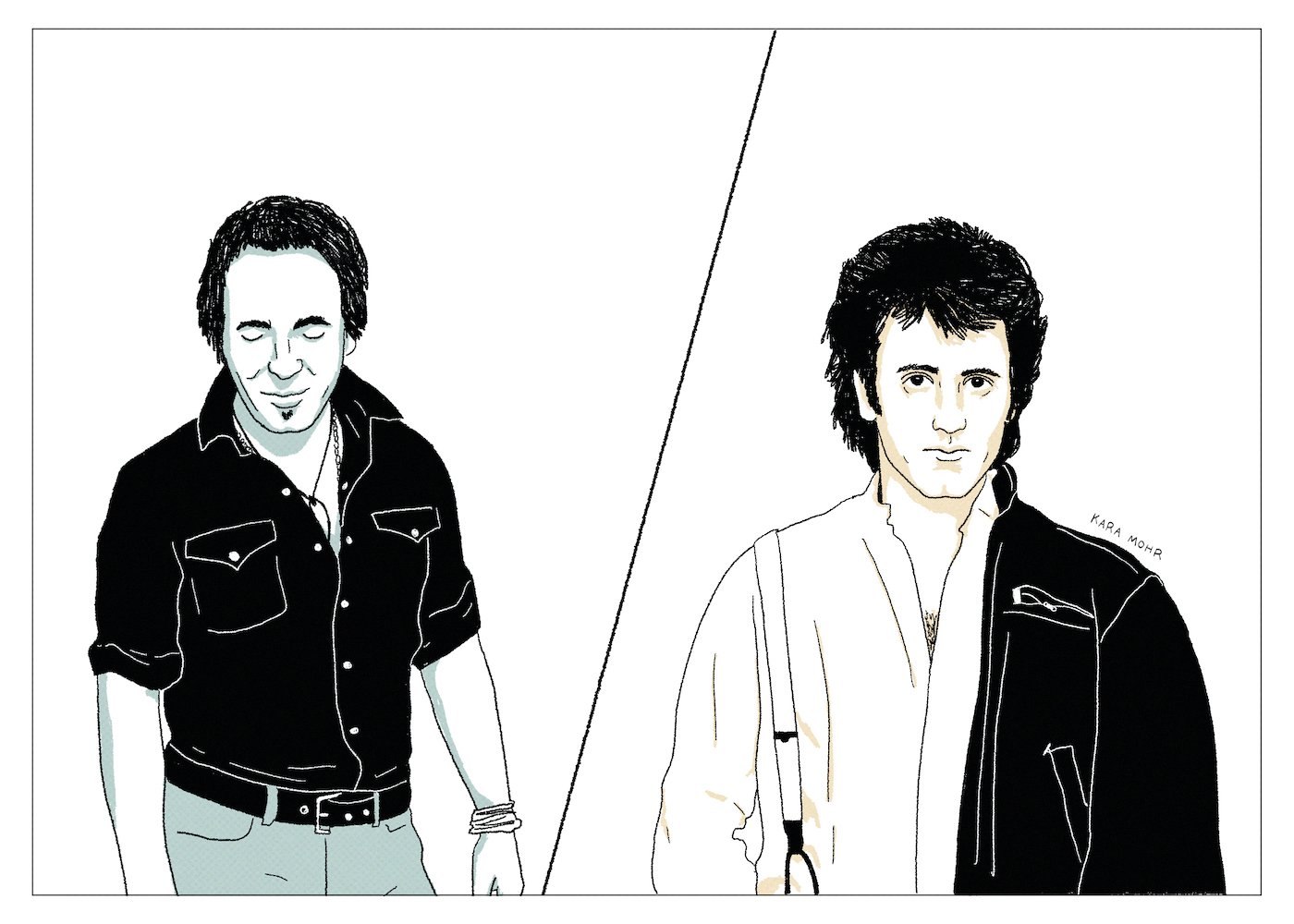
“Far From Over” (Frank Stallone) vs “All I’m Think’ About” (Bruce Springsteen)
In the early 70s, a million to one shot from the swamps of Jersey emerged as the “next Dylan.” Around that same time, less than a hundred miles away, a lesser known songwriter was fiddling with a keyboard, dreaming of the day that his older brother would include his music in the ultimate underdog movie. These two long shots, so near to each other but so completely divergent, demanded comparison. We pitted the nasal falsetto of Bruce Springsteen’s “All I’m Think’ About” from 2005 against Frank Stallone’s epic, 1983 Jazzercise jingle “Far From Over.” Who wins — The Boss phoning it in past his prime or the critically derided brother of Rocky during his graciously brief prime?
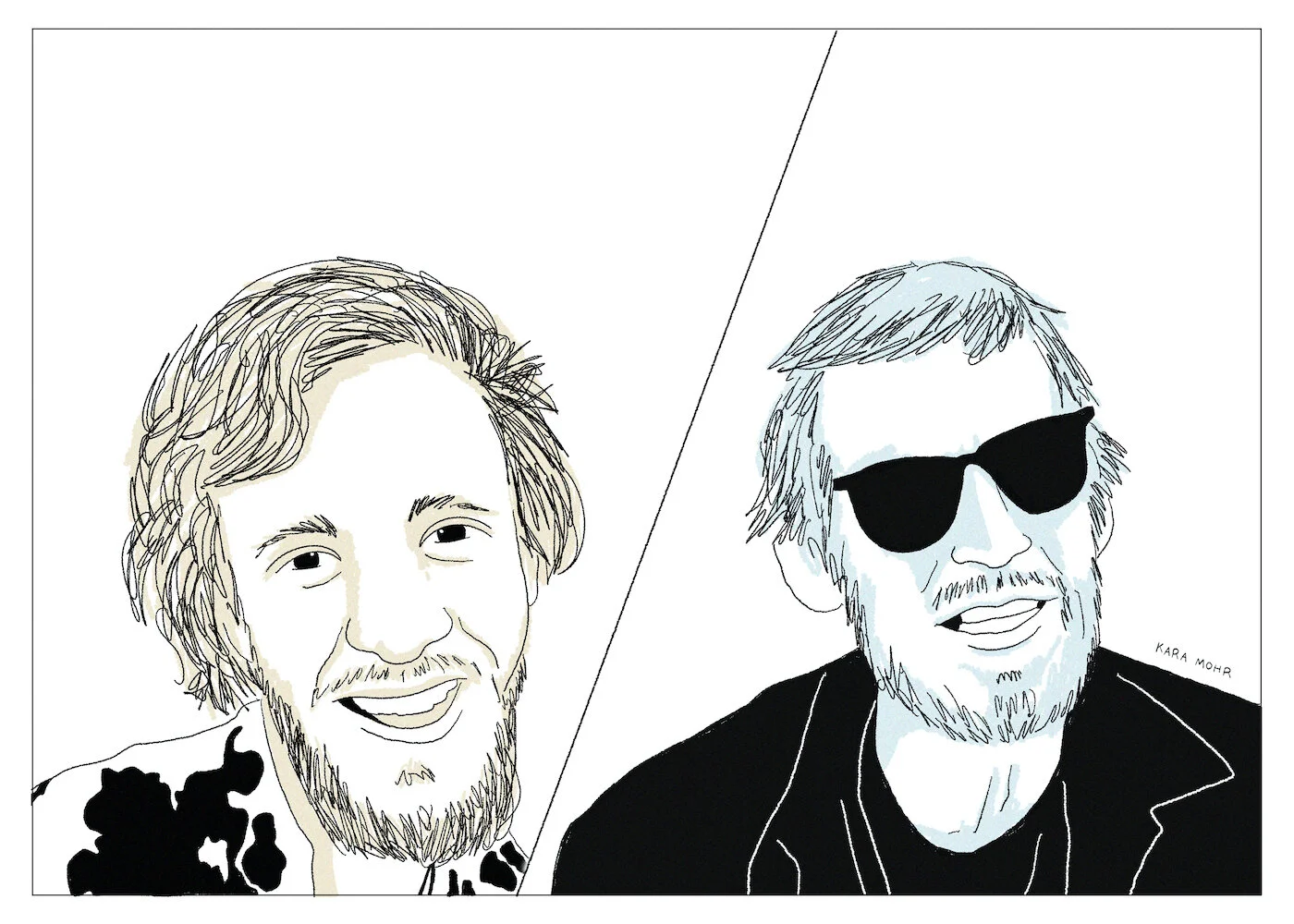
“Two Princes” (Spin Doctors) vs “Remedy” (The Band)
In 1993, The Spin Doctors gave MTV the winter hat plus hacky sack vibes the network sorely needed. Their unavoidable mega-hit, “Two Princes,” topped the charts and introduced Jam Band culture to the suburbs. Meanwhile, that same year, The Band reformed without frontman Robbie Robertson to make “Jericho.” One of the few originals from that album was “Remedy,” which charted nowhere and is remembered only by the most loyal of devotees. So, here’s the question: What’s better — an unforgettable song by a critically derided band in their prime or an unexceptional one from a beloved artist well past their prime?
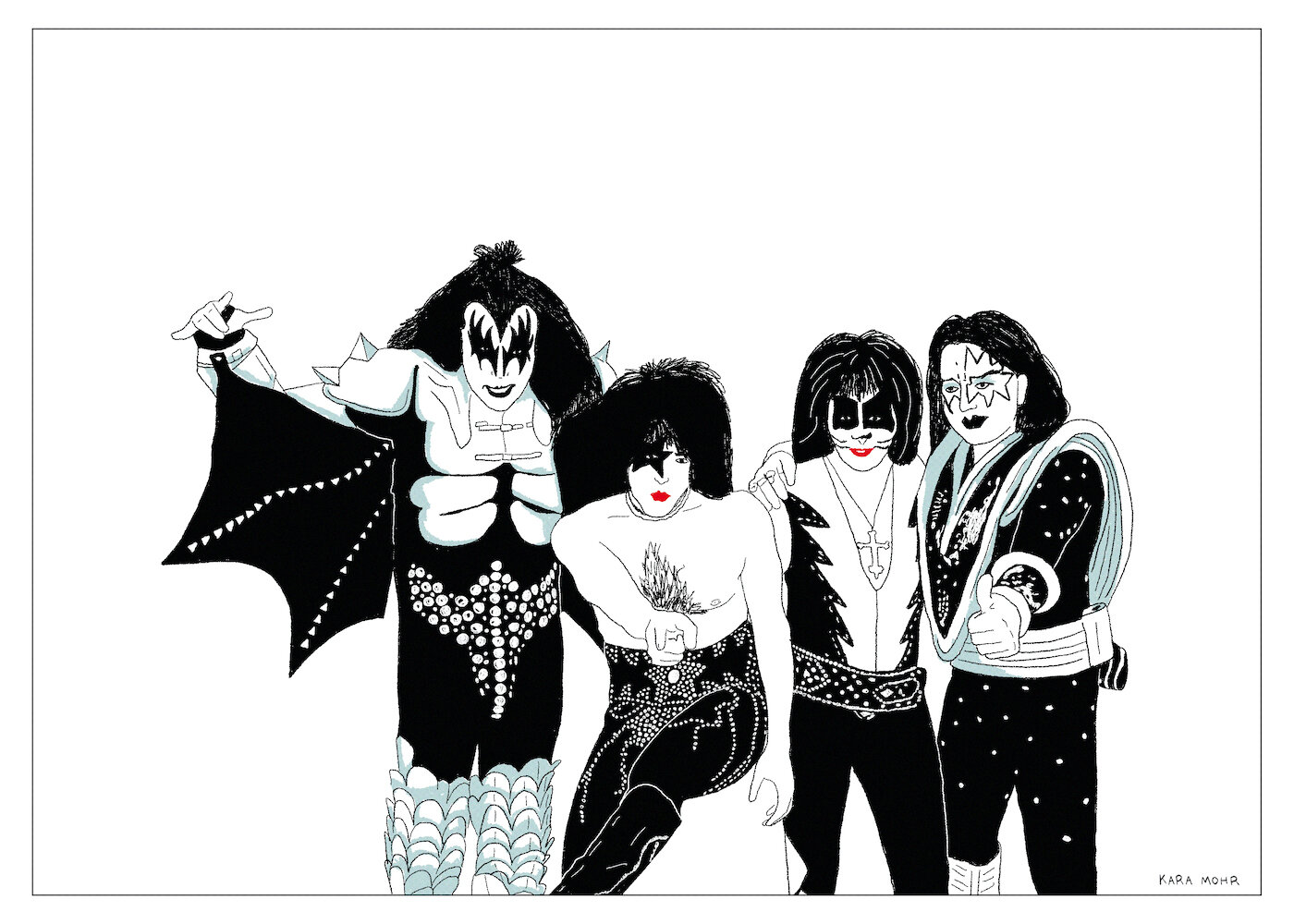
KISS “Psycho Circus”
As success stories go, Kiss’ is perhaps the most unconventional. They’ve had thirty Gold albums, more than any band before or since. A 1977 Gallup poll named them the most popular band in America. Gene Simmons is reportedly one of the twenty wealthiest living musicians. To me, however, they were barely a band. They were comic book ghouls. They were a pinball machine. They were the faces that embellished a demonic laundry bin that my mother one day deposited in my bedroom, without explanation. In 1998, having recently reunited, Kiss made it very clear: Their product was still heavy and basic. And their mission was still profit.
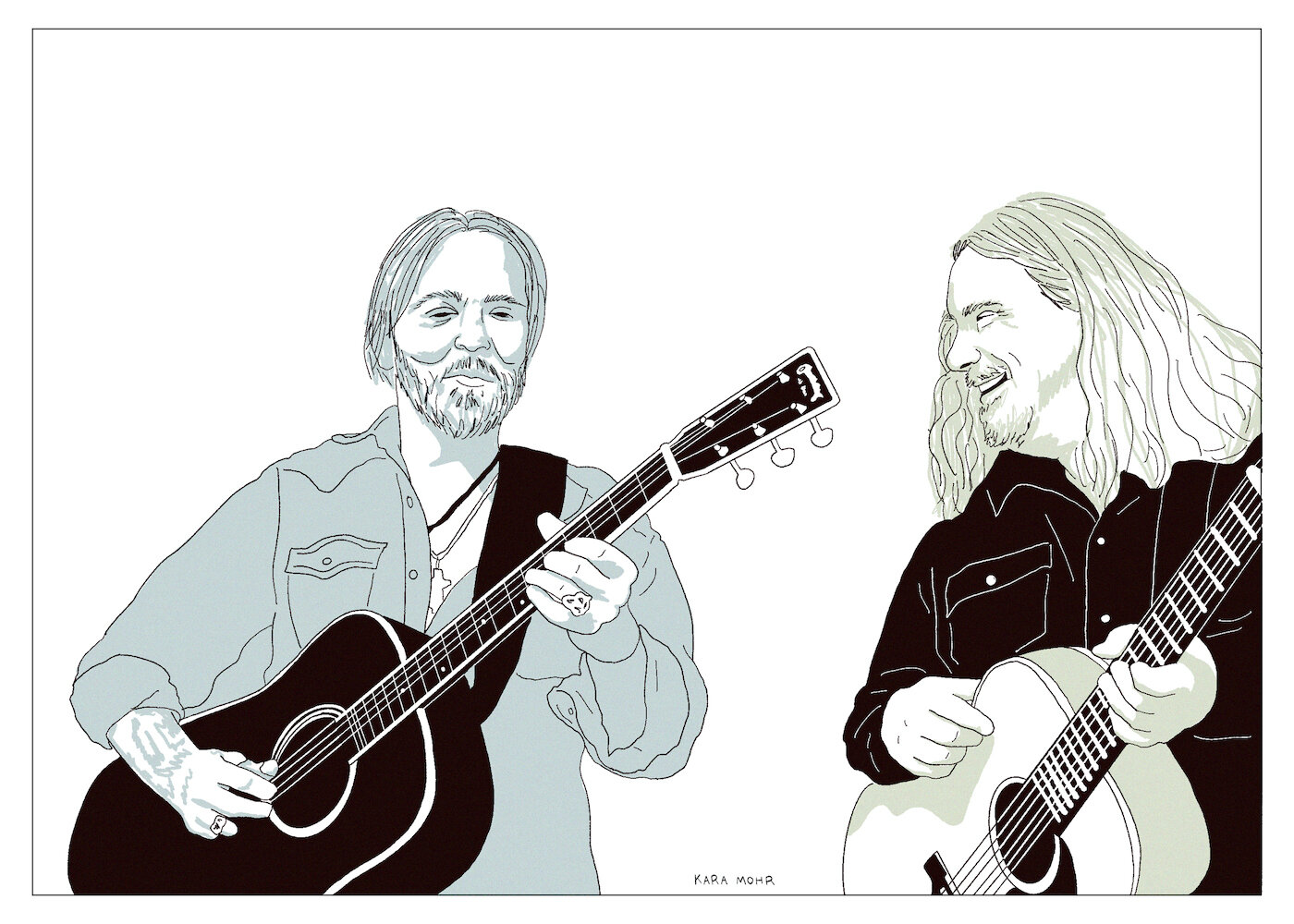
Allman Brothers Band “Hittin' the Note”
All these years later, I don’t regret the Leftover Salmon jokes or the Disco Biscuits cheap shots. For decades I used the term “Jam Band” pejoratively. It was hypocritical, to say the least. Bands that I loved — Television, Yo La Tengo, The Feelies — loved to jam. But, it was obviously not the same thing. They weren’t “Jam Bands.” And so, I simply would not apologize for my snark. The one thing I did regret, though -- the thing that has gnawed at me since I was a teen -- was the fact that I never gave the Allman Brothers Band a fair shake.
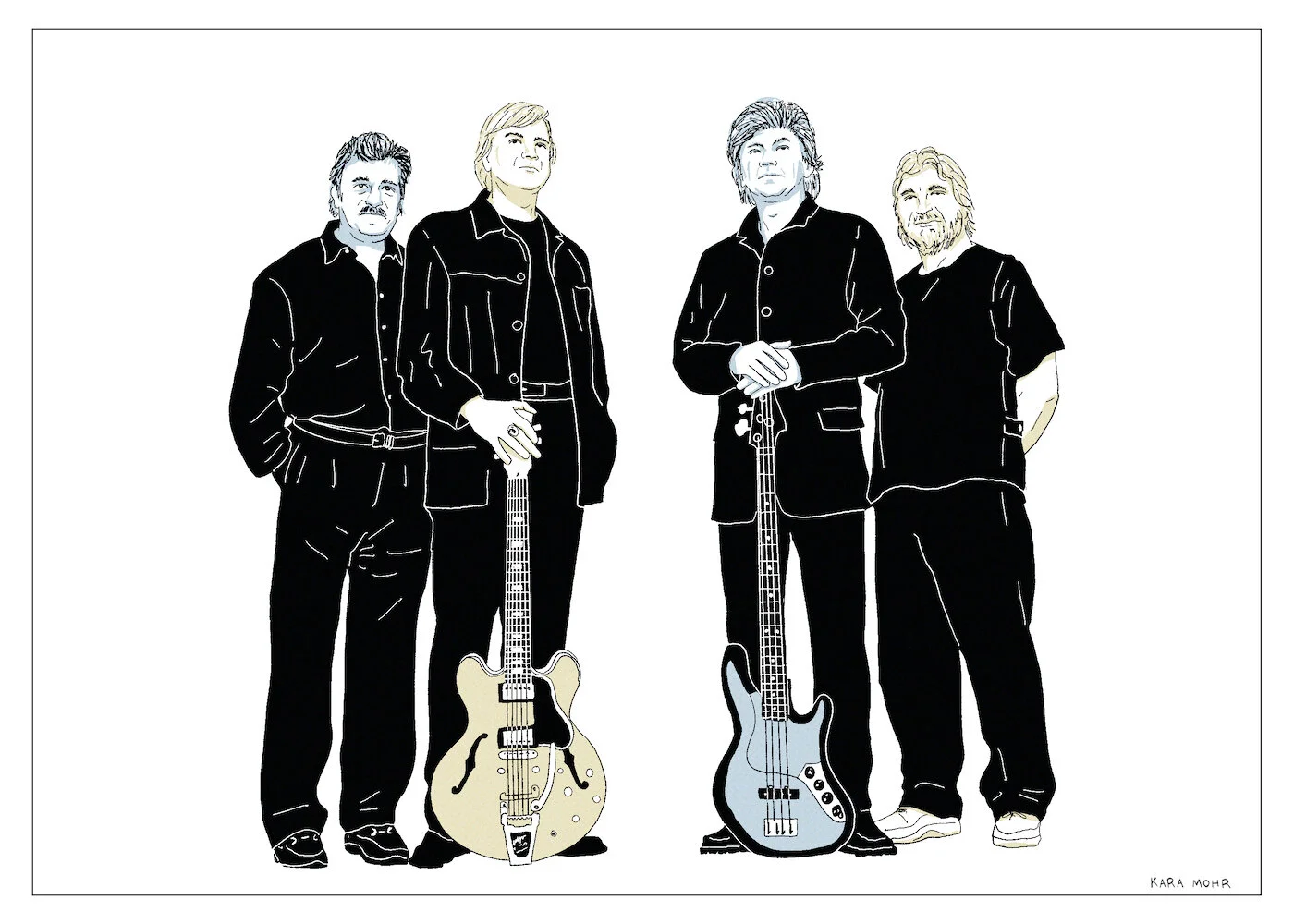
The Moody Blues “Strange Times”
Although they are considered pioneers of both Psychedelic and Progressive Rock, The Moody Blues always sort of defied classification. Their music frequently sounded either too slow or too fast. They were once Classical in Modern times. Then, they were the oldest of the New Wave. In 1999, after an eight year hiatus, they returned to the world of Limp Bizkit and The Backstreet Boys. And, as always, they seemed both timeless and time-less.
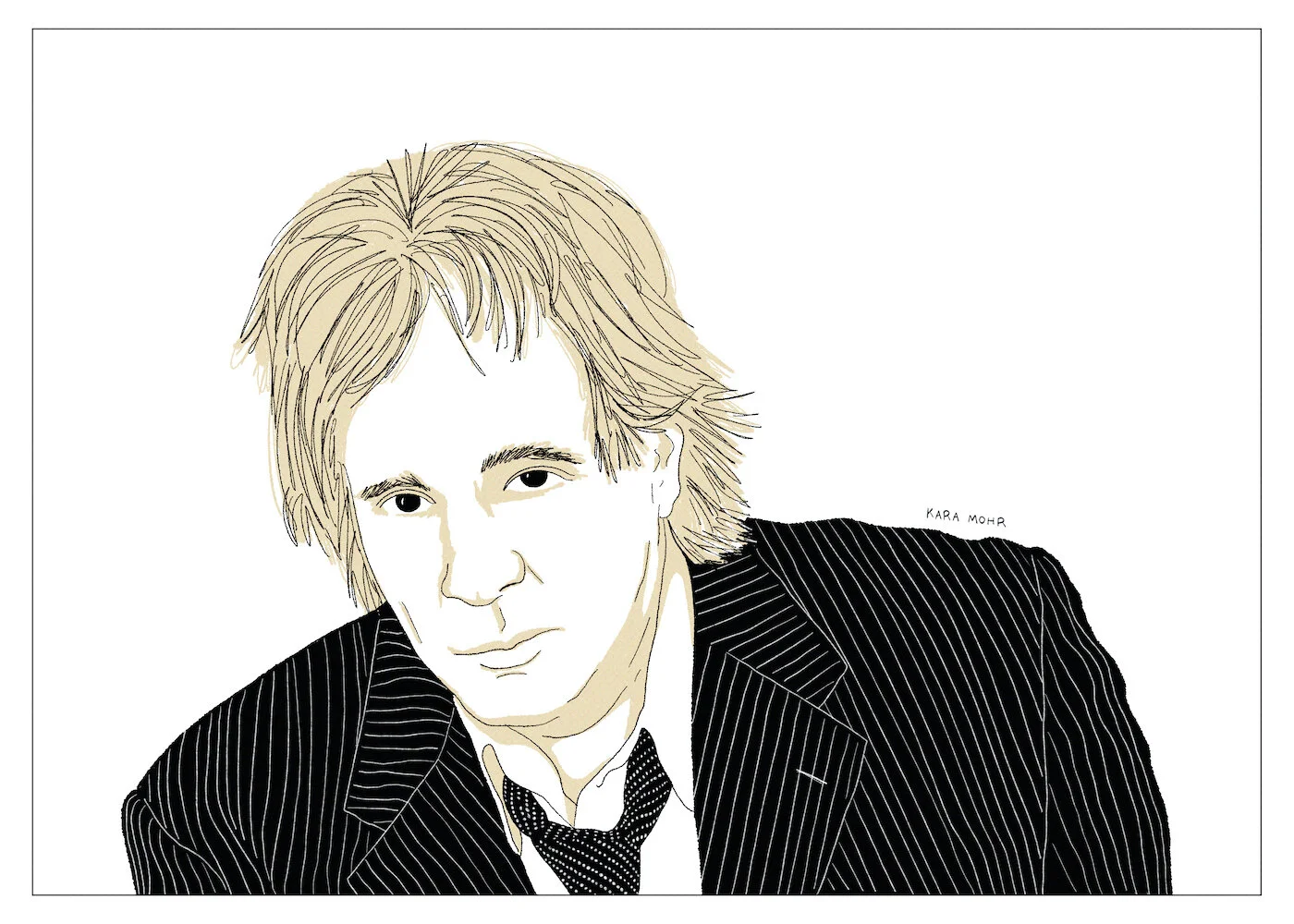
Eddie Money “Ready Eddie”
If you really understand Long Island, you know that it isn’t Billy Joel country or Lou Reed country or Mariah Carey country or Bernie Madoff country. It’s Eddie Money country. Money was the one hit wonder who, from 1977 to 1988, just couldn’t stop making hits. He was the guy who sang “Two Tickets to Paradise.” He was Bruce Springsteen with two sides of ham and half as much talent. He was the “King of Generic Rock” who, in 1999, finally realized that “generic” also meant “easily replaceable.”
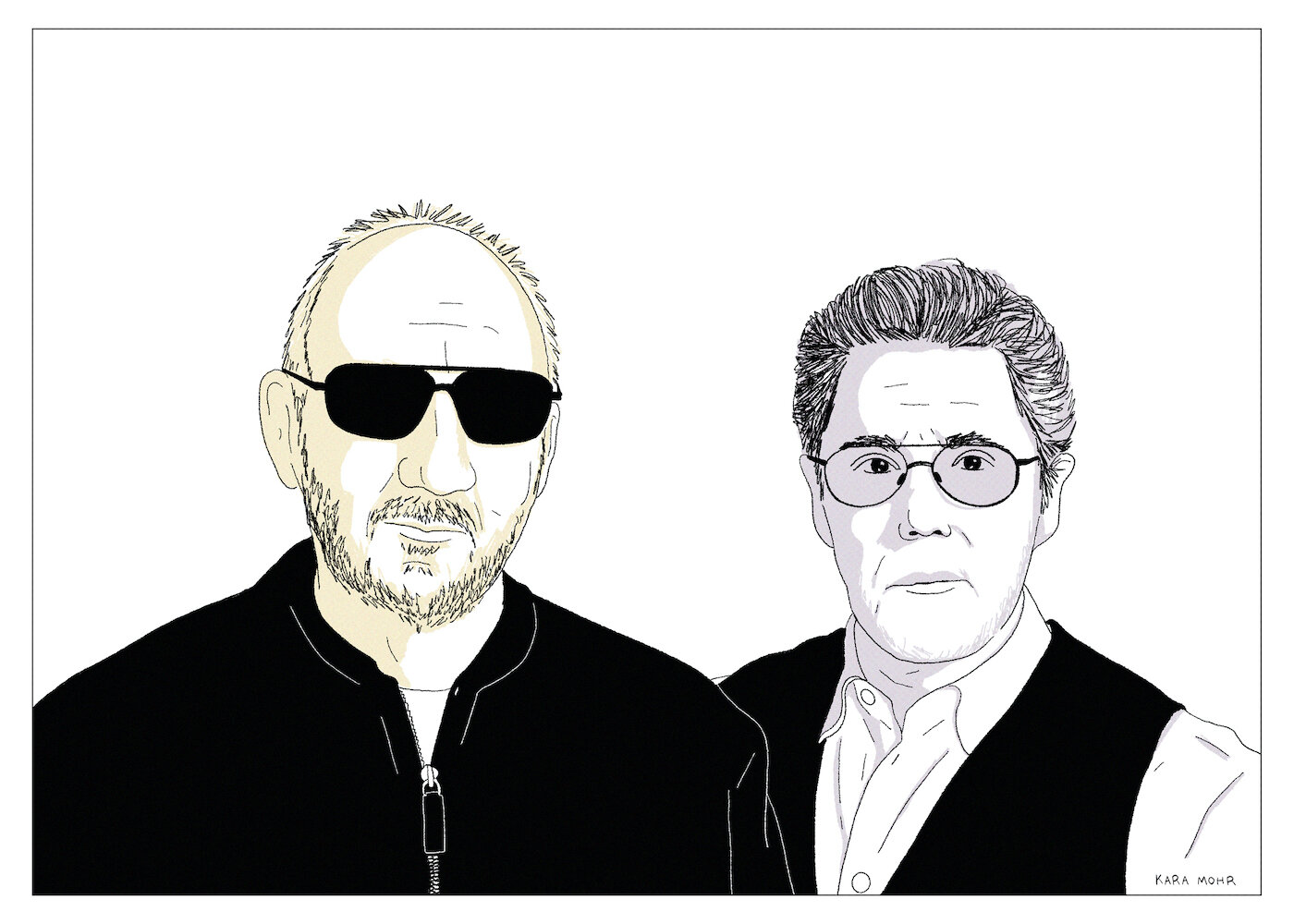
The Who “WHO”
During their 2010 Super Bowl performance, without ever saying as much, The Who confirmed what we had suspected for years. They were done. Keith and John were dead. Pete was in his mid-sixties and Roger Daltrey was a year older and could no longer sing. There was simply no coming back. But, in 2019, through a combination of medical innovation and radical kindness, The Who returned.
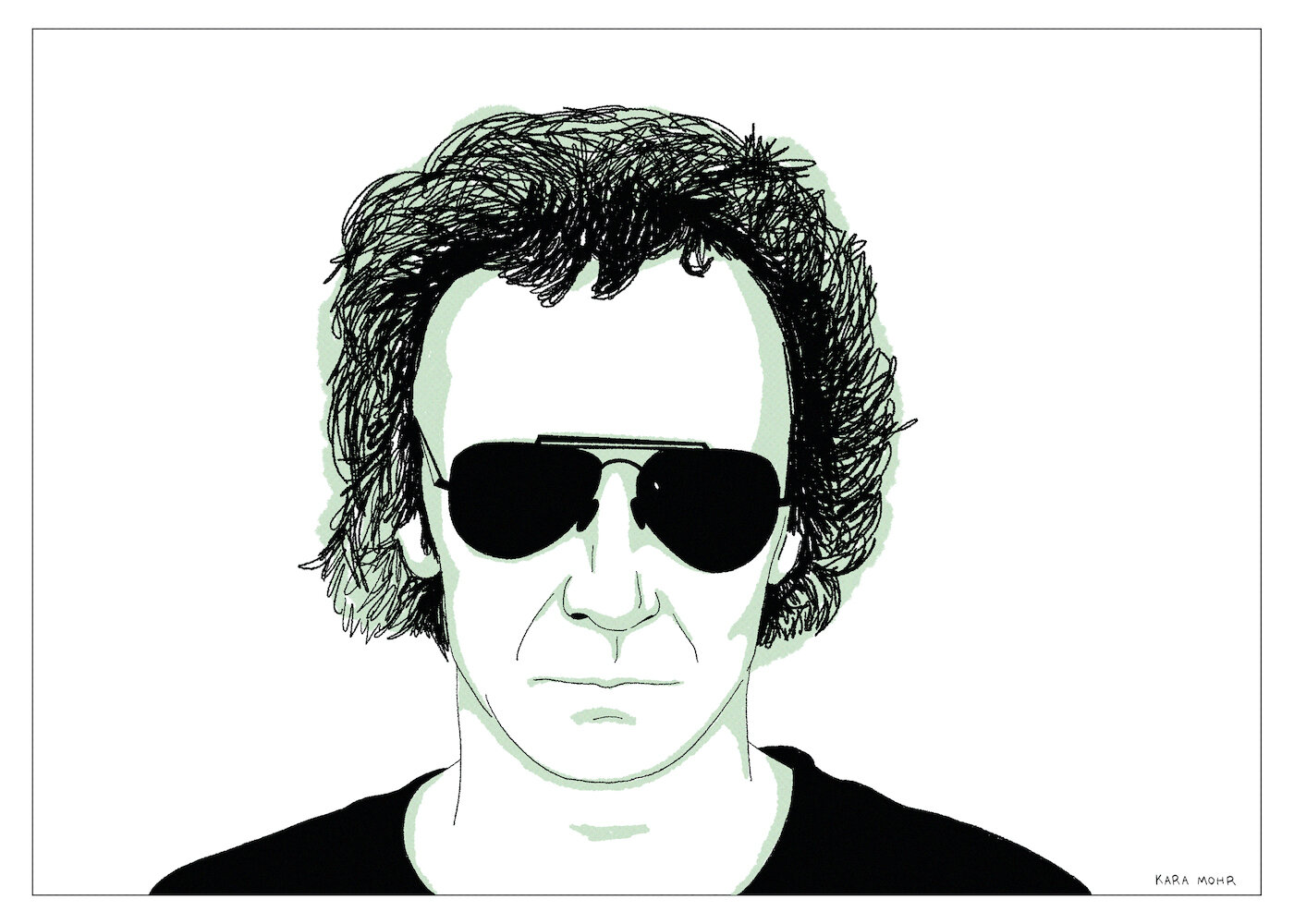
Graham Parker “Struck by Lightning”
Of that class of 70s Pub Rockers, Graham Parker was once considered the surest of sure things. He was it -- both the next big thing and the through line between Van Morrison and Bob Dylan. But, in time, something amazing happened. Graham Parker did not happen. And by 1991, we found him, without The Rumour, at the end of his major label run, trying to choose between passion and professionalism.
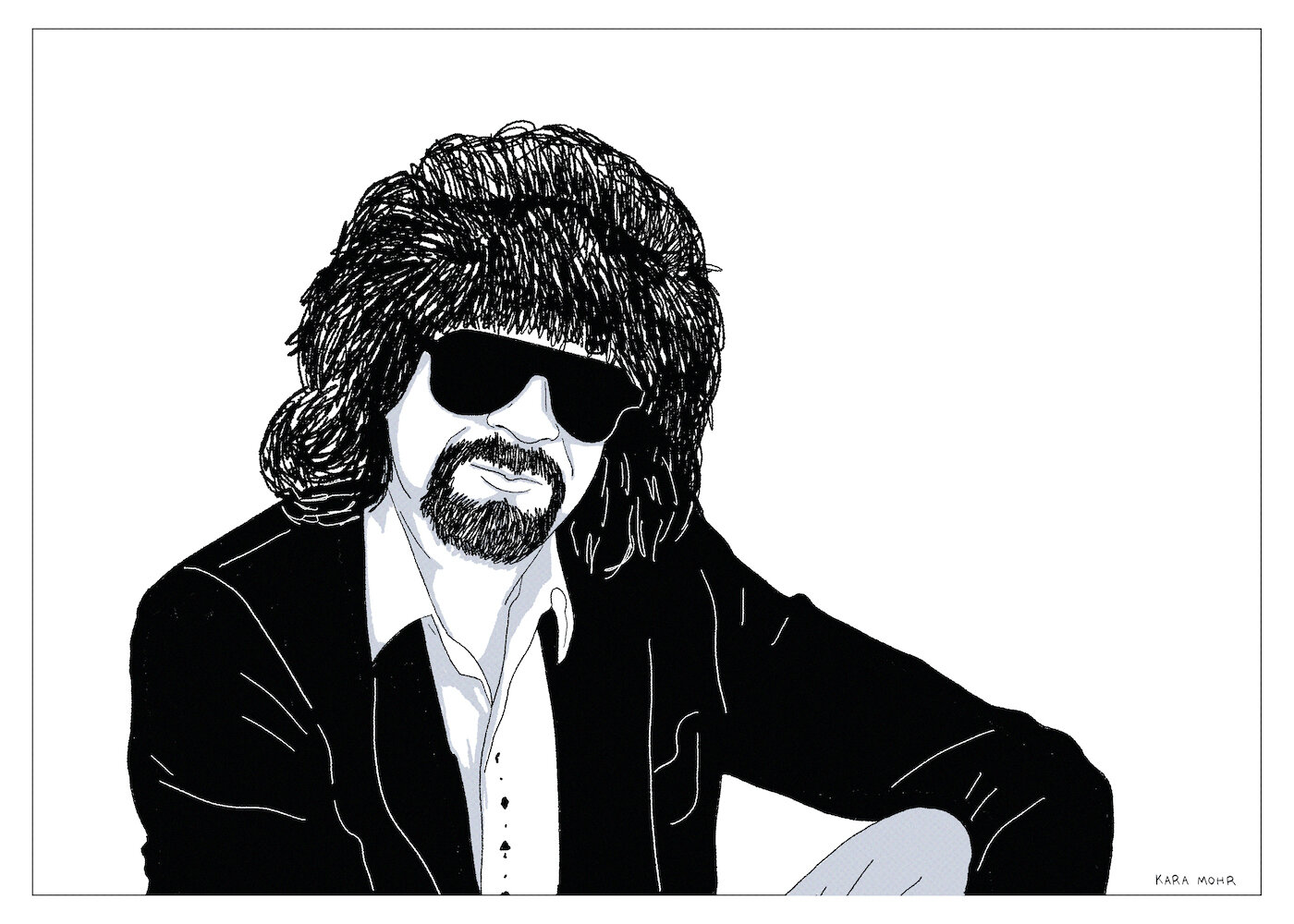
ELO “Zoom”
Jeff Lynne was always too furry to be Glam, too Pop to be Prog and too Disco to Rock. But he was daring enough to wonder what lies in the valley between The Beatles and Disco. The answer, of course, was Electric Light Orchestra, the band that gave America the sound that it desperately wanted. That is, until they wanted none of it.
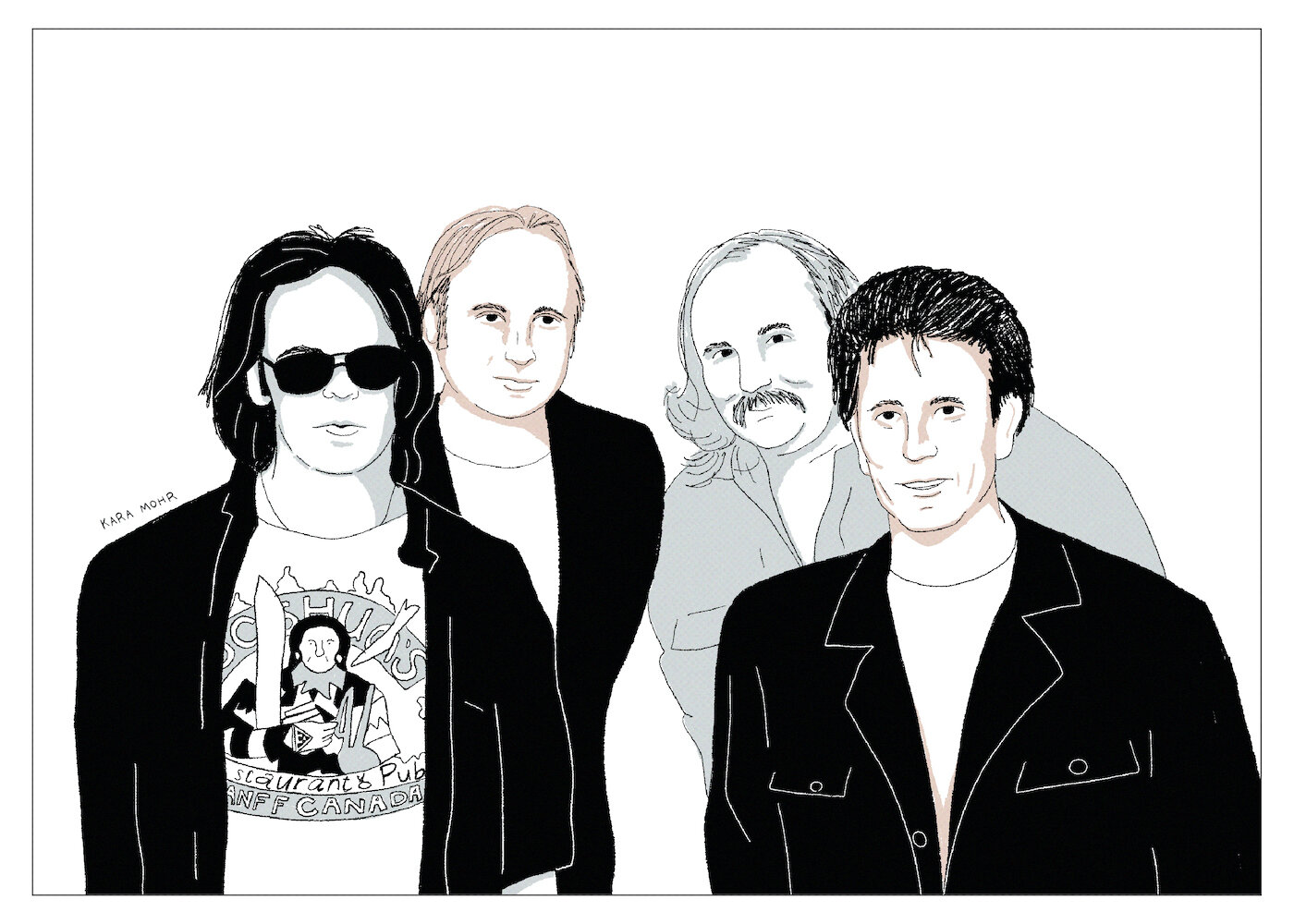
CSNY “American Dream”
CSNY arrived in 1969, at the very moment when the Hippie promise was at stake. Would their generation’s legacy be the end of Vietnam and the birth of Civil Rights? Or would it be Altamont, Manson and a two decade hangover? CSNY represented a generation holding its breathe before sunset. That sun finally set on November 1, 1988 with the release of “American Dream,” the long awaited, second studio album from Crosby, Stills, Nash and Young.
